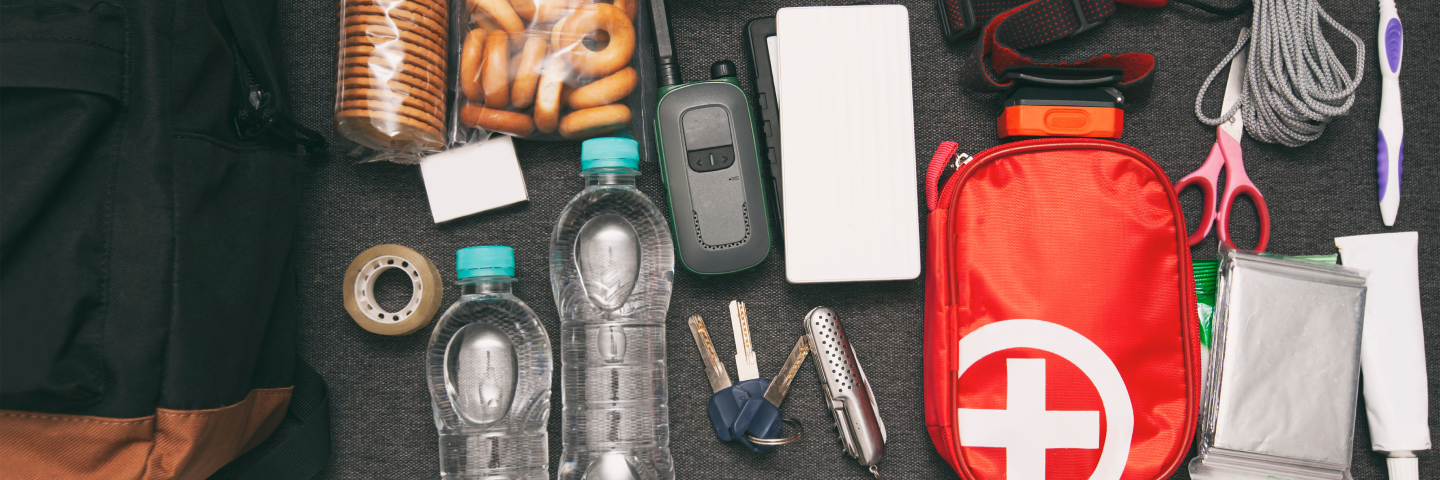General Info

Consider Your Needs
Here are some questions to consider as you prepare your emergency plan.
Communication
How will you receive emergency alerts and warnings?
- Sign Up for Alerts: Ensure you are signed up for local emergency alerts. This can include text messages, emails, or phone calls.
- Keep Information Accessible: Maintain a list of emergency contacts and important information in an easy-to-reach place.
- Backup Power: If you rely on electronic communication devices, have a backup power source ready.
Medical
What medical needs must be addressed during an emergency?
- Medications: Keep an up-to-date list of your medications, dosages, and prescribing doctors. Ensure you have at least a week’s supply of medication on hand.
- Medical Equipment: Identify what equipment you rely on and have backup batteries or alternative power sources.
- Medical Records: Store copies of your medical records in a waterproof, portable container.

Independence
What steps do you need to take to maintain your independence?
- Assistive Devices: Make sure you have backups for any devices you use, such as hearing aids, wheelchairs, or glasses.
- Personal Care: Plan for how you will manage personal care needs, such as eating, dressing, and bathing, if you are unable to stay in your home.
- Home Modifications: If possible, make modifications to your home that can help you remain independent during an emergency.
Support
Who will assist you in an emergency?
- Emergency Contacts: Identify family, friends, neighbors, and caregivers who can assist you and who you can assist. Create a list with their contact information.
- Community Resources: Be aware of local organizations that provide support during emergencies. This can include shelters, food banks, and medical facilities.
- Get To Know The People Near you: Get to know your neighbors and nearby friends, and set up a plan to check on and help each other as needed.
Transportation
How will you evacuate or travel if necessary?
- Evacuation Plan: Establish at least two evacuation plans (in case one isn’t available) and have a plan for how you will leave your home if necessary.
- Transportation Options: Identify accessible transportation options, such as paratransit services or rides from friends and family if you need them.
- Service Animals: If you have a service animal, make sure your transportation plan accommodates them.
Stay informed, stay prepared, and stay safe.
